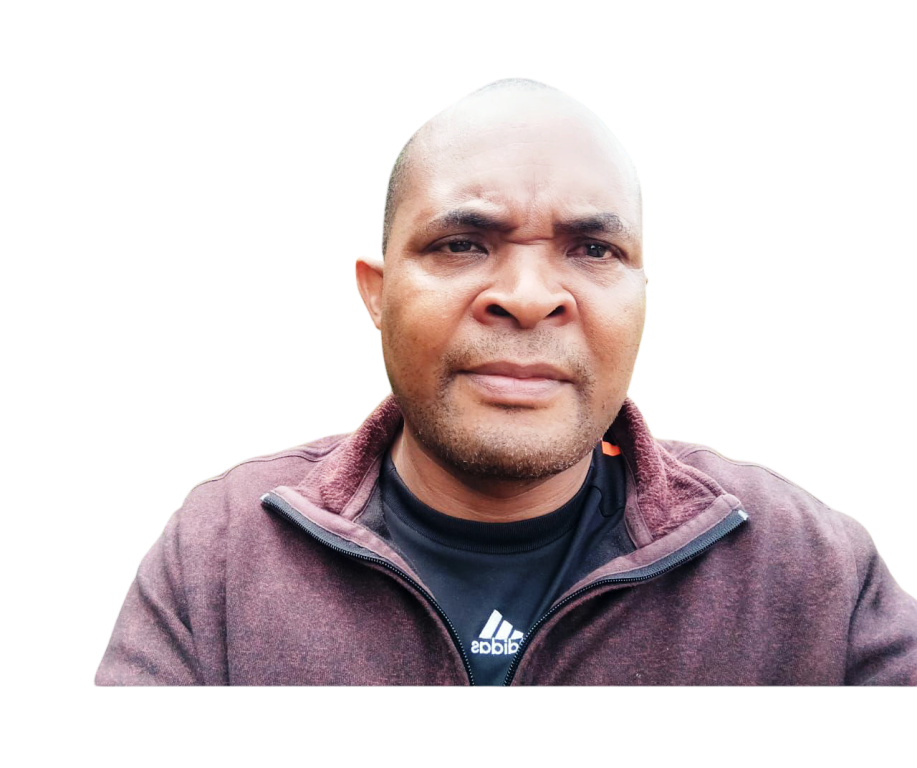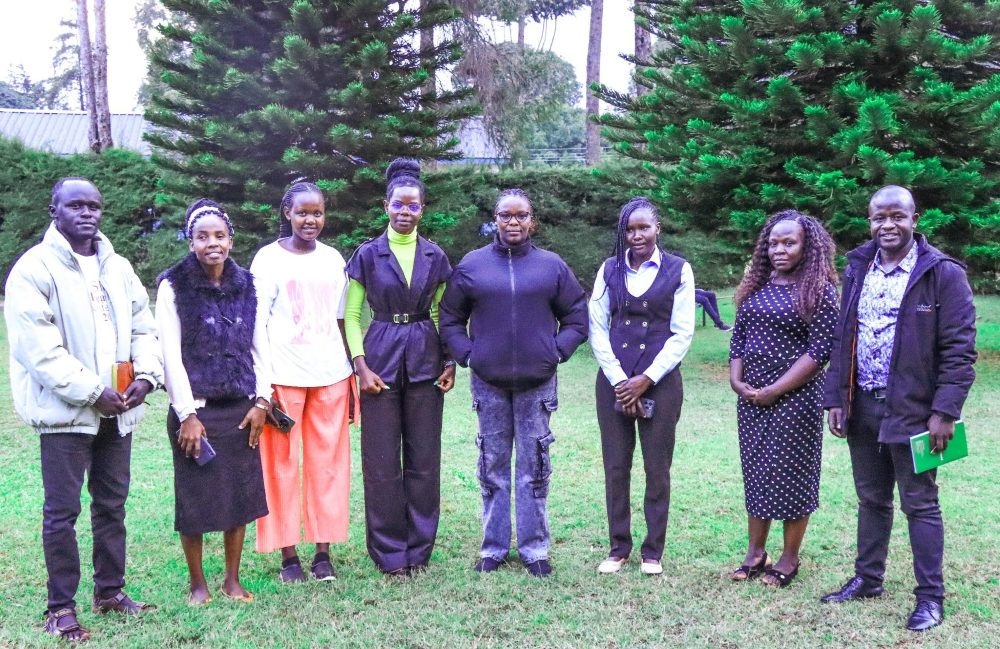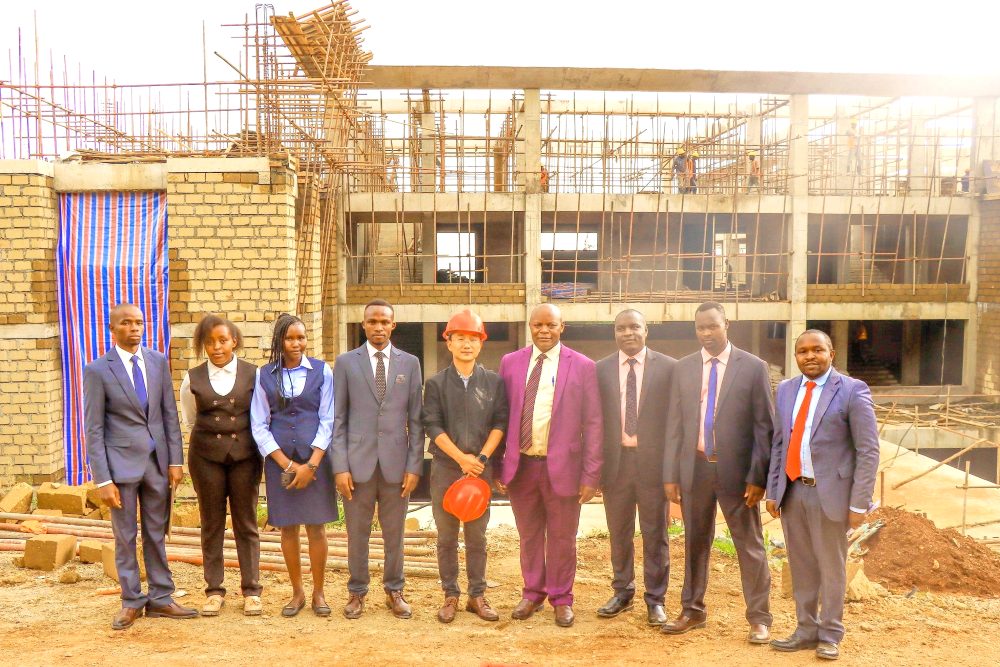I don’t fault the victims. They were young, naive, and innocent. They trusted the system, the adults, the rules. They believed that if they did the right thing, they would be protected. That if they spoke up, they would be believed. That the classroom was a safe space, and teachers were allies. But it wasn’t true – not for them. And I don’t even fault the perpetrator—the shameless teacher who preyed on his students. His evil is self-evident, his guilt apparent, his conscience already corrupted. I reserve my deepest blame for those who stood by and did nothing. The principals. The deputy principals. The senior teachers. The matrons. The boarding mistresses. The colleagues who saw, heard, or suspected, and chose silence over courage. It is they who made the abuse possible. It is they who kept the door open for predators to operate freely, year after year.
What happened at Alliance Girls is horrifying, not just because of the abuse itself, but because of the long silence that followed it over two decades of whispers, secrets, and pain buried beneath a veneer of excellence. It is not just the story of one man abusing power. It is the story of an entire institution that watched it happen and turned a blind eye. You don’t sustain a pattern of abuse that long without help, without blind eyes and closed ears. That’s what makes this wound so deep. Not just the predator, but the protectors of the predator.
Teachers are trained to observe. They notice when a student is withdrawn, distracted, or distressed. Principals are supposed to set the tone for school culture, determining what is tolerated, what is punished, and what is ignored. It is impossible that so many adults in that school had no idea. More likely, they knew. Or suspected. Or were told and did nothing. Some may have said the girls should keep quiet to “protect the school’s name.” Some may have warned the victims not to “destroy a teacher’s career.” Others may have thought it was none of their business. Some may have rationalised it as harmless affection. All of them failed.
And failure is not a strong enough word. This was betrayal. These girls were handed over to their abuser not once, but repeatedly. Every time, a complaint was brushed aside. Every time someone said “you must have misunderstood his intentions.” Every time a teacher walked out of a staffroom conversation pretending they hadn’t heard the gossip. These were not neutral acts. They were acts of complicity.
We often focus our outrage on the predator, and rightly so. But predators thrive in systems that protect them. When an institution shelters a molester instead of a child, the entire structure becomes guilty. A teacher cannot abuse students for years unless others help him hide. Abuse is not just a matter of personal morality. It is a structural failure. It is a crime made possible by bureaucracy, by silence, by fear, and by cowardice.
We need to stop romanticizing schools as naturally moral spaces. Schools are not holy. They are institutions run by human beings, with all their weaknesses. And like any institution, schools can be corrupted by secrecy, power, and hierarchy. Teachers are not angels. Some are broken, bitter, or even dangerous. Principals are not always courageous. Some are more loyal to their reputations than to their students. If we do not interrogate the culture of silence that thrives in these environments, we will continue burying victims beneath school mottos and high mean scores.
READ ALSO:
TSC pilots new lesson observation tool to enhance classroom practice
The saddest part is that the victims will carry these wounds for life. And they will ask themselves hard questions: Why didn’t anyone stop it? Why didn’t my favorite teacher say something? Why did the principal ignore us? Those questions don’t go away. They become part of adulthood. They shape how one trusts, how one relates to power, how one raises their own children. Trauma inflicted by a teacher is bad enough. But trauma ignored by a community of teachers? That is a pain that cannot be explained. Only felt.
We need a new kind of accountability in schools. Not just background checks and anti-sexual harassment policies, but a moral awakening. Every teacher must understand that silence is not neutral. Every principal must be held responsible for what happens under their watch. Every school board must know that protecting reputation at the expense of truth only postpones justice – and justice postponed is justice denied.
We must create safe reporting structures, empower students to speak up, and assure them that speaking up will not bring punishment, but healing. Most importantly, we must train teachers to not only detect abuse, but to confront it, loudly and unapologetically. A staffroom that laughs off inappropriate conduct is a breeding ground for evil. A school that silences whistleblowers is not an academic institution – it is a sanctuary for predators.
It is too late for those who suffered in silence. We may never undo what was done. But it is not too late to ensure that no other child suffers the same. That no other teacher has to say, “I saw, but I said nothing.” That no principal can hide behind a school crest and avoid blame. Silence was the accomplice. We must now make noise. Loud, uncomfortable, persistent noise. Until truth replaces fear. Until justice silences shame.
By Ashford Gikunda
Gikunda teaches English and Literature in Gatundu North Sub County and serves as Dean of Students.
You can also follow our social media pages on Twitter: Education News KE and Facebook: Education News Newspaper for timely updates.
>>> Click here to stay up-to-date with trending regional stories
>>> Click here to read more informed opinions on the country’s education landscape
>>> Click here to stay ahead with the latest national news.






